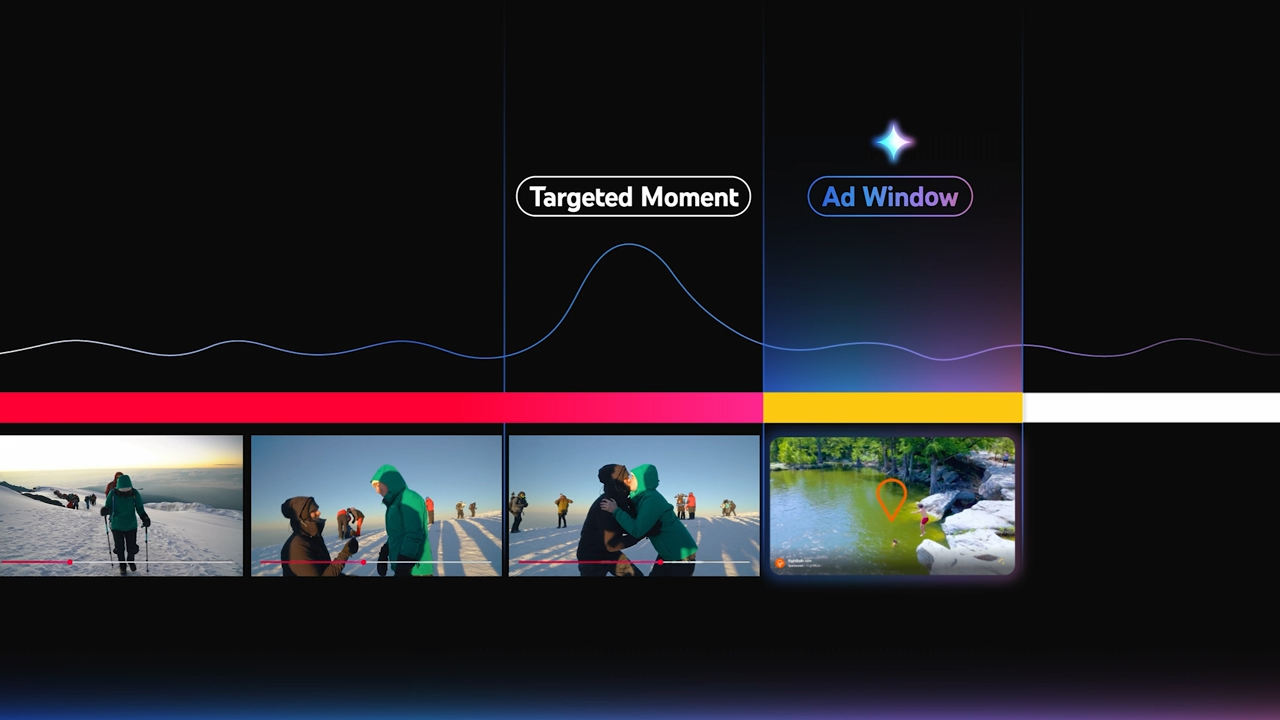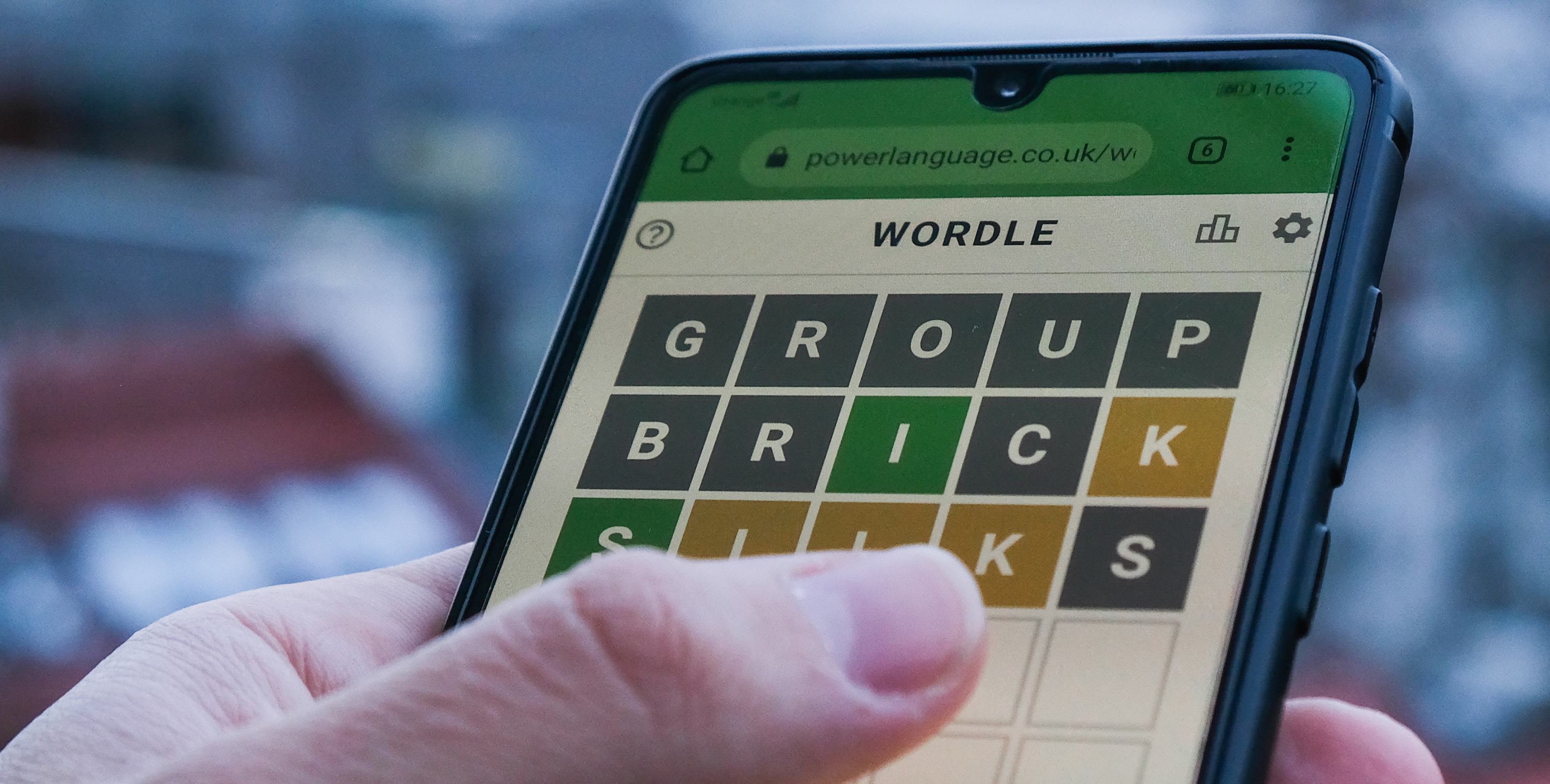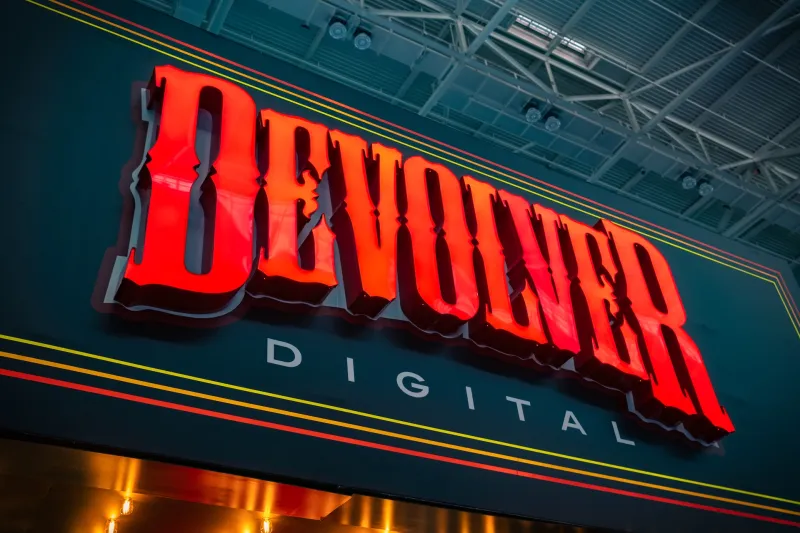
Sand Land Review
Game adaptations are a tricky business. In trying to capture the spirit of a comic, show, or movie while also abiding by the conventions often demanded of a video game, something is likely to get lost in the translation. Sand Land, the open-world adaptation of the titular manga by the late, great Akira Toriyama, is a prime example of such a case. In many respects, it’s wonderful to see the world of Sand Land at this scale with some of its original charm coming through at key moments, and its emphasis on vehicles for exploration and combat gives it a unique gameplay focus. But the majority of its roughly 25-hour runtime equates to a very by-the-numbers action-adventure, where everything else around it – from storytelling to quest design – left me feeling rather underwhelmed.
Sand Land isn’t necessarily a deep examination of the human condition, nor is it intended to be, but its premise of demons and humans coexisting in an arid wasteland fighting comically corrupt governments makes for an immediate hook. The struggle for resources, particularly water, unravels to become more about building a resistance, making amends for grave mistakes from the past, and the lengths its villains will go to cling onto power and control. You control the childish fiend prince Beelzebub, whose soft side always wins out regardless of how often he proclaims to be the scariest, most evil demon around. He’s consistently endearing and brings characters together like the shamed veteran Rao and genius mechanic Ann for a fun group that unpacks their dark histories throughout the journey.
What we said about the recent Sand Land anime
Sand Land is an expertly written and animated post-apocalyptic epic with exquisite mechanical designs and a poignant, complex story of redemption, featuring a bold new story by icon Akira Toriyama. Though be warned that the first six episodes are basically just a TV edit of the 2023 movie of the same name. – Rafael Motamayor, March 22, 2024
Score: 9
Read our full Sand Land anime review.
There’s a lot to like about Sand Land, but it loses much of its impact from what really seems like a phoned-in presentation. While the voice performances are largely good fits for each character’s personality, the writing itself falls into tons of cliches and rote conversations to carry the story along. And most of these shortcomings are spotlighted in stilted cutscenes (where you’ll have to manually click through each line of dialogue) that woefully undersell what could have been legitimate moments of hype, levity, or sincerity. The rare occasions it’s able to turn things up with a fantastic pre-rendered scene to provide some of the excitement I know Sand Land is capable of, but they’re so few and far between that it’s hard to be fully invested in the adventure when the storytelling itself isn’t either.
That’s made just a bit more disappointing because it’s such a joy to see Toriyama’s signature artwork and character designs in motion, impressively recreated in 3D here. His penchant for over-the-top goofiness tucked under some darker themes still underpins this adaptation, even as it ventures into new territory for the sparsely explored series. Sand Land is also a good representation of his imaginative vehicle designs, evident in parts of the Dragon Ball series, and it’s where this adaptation finds part of its strength.
Sand Land’s best qualities are found in its vehicle system.
Sand Land’s best qualities are found in its vehicle system, which it smartly relies on for most of its gameplay. You can load up to five vehicles to take with you and then instantly summon each one on the fly, all of which offer a variety of use-cases and specific strengths. The old reliable tank was my go-to for combat, but in tight spaces the Jump Bot’s maneuverability gave me a distinct advantage and its mortar shells were just strong enough to take down enemy bots. Later on, you also get a special mech that mixes both melee and ranged abilities, which packs a mean punch and is required for a few puzzles along the main quest.
Quests like these contain some notable highlights that come to surface with a few interesting boss fights or dungeon-like scenarios that challenge you to aptly wield your roster of vehicles. Infiltrating enemy strongholds, for example, often have distinct stealth sections to break up the pace followed by some explosive mech and tank battles. One sequence led me through a labyrinthine ruin to sprinkle in puzzles and get me used to controlling a newly acquired Hover Bot before pitting me against an imposing kraken boss. It made for some satisfying chaos where I used the Hover Bot to tread water before swapping to my tank on safe spots at opportune moments for big damage. Individually, these elements aren’t particularly outstanding, but they are solid enough that they create some enjoyable moments when mixed together.
The primary region of Sand Land might be a barren wasteland, yet there’s a nice feeling to driving across large stretches of desert and seeing how far it reaches, or being overwhelmed by large structures like the abandoned battleship at the Junker’s Market where scavengers congregate. However, it’s the all-new location of Forest Land where expansive vistas and lush vegetation provide a refreshing contrast. Winding roads and steep cliffs guide you through a handful of key points of interest and past optional diversions, like caves and ruins with plentiful resources to pilfer. Sidequests and hunting targets, albeit basic, also fill out the world to net you resources and experience as you might expect, although I do appreciate that Sand Land avoids feeling bloated with unnecessary fluff in a way that can typically weigh down the genre.
Vehicles remain most of the focus when it comes to exploring this world, too – whether that be just getting from point A to point B or solving basic puzzles in a dungeon. It works well since they feel good to control despite their specific quirks, and hot-swapping between them seamlessly keeps the momentum going. It was fun to speed through the world on the motorbike, immediately change to the tank to take out an enemy squad, switch to the Jump Bot to reach a plateau where key resources are found, then be on my way again with the motorbike all without a hitch.
I was left wanting more from combat in terms of creative challenge.
Keeping your favorite vehicles in top shape is important, too, and that’s where the crafting and gathering elements of Sand Land come into play. You’ll need to upgrade them consistently to stay within enemy levels, and thankfully, most of the resources required to keep the pace come to you naturally through enemy drops and items found in the open world along the way. Customizing each of them with specific weapons or swapping different engines and chips genuinely affects how they function, and it’s nice to actually feel the tangible difference once you’ve upgraded a vehicle or changed its parts.
Developer ILCA was cooking with gas when it comes to the customization, riding the line between simplicity and depth – sometimes you don’t really want complexity and just want to blow things up, and Sand Land does deliver on that front. But while the vehicle system itself is to be commended, rarely are you presented with challenges that bring out the most in it. That’s due in part to a lack of enemy types and poor AI, which often extends to many of the bosses, so that circling around them and blasting away like shooting fish in a barrel is good enough to win most battles. I felt somewhat unsatiated by the time I wrapped up Sand Land, because despite its vehicles being a definite highlight, I was left wanting more in terms of creative challenge.
While I’d say Sand Land leans on vehicular combat roughly 70% of the time, the other 30% relies on hand-to-hand on foot combat, and that’s one of its other glaring shortcomings. It’s a fairly shallow endeavor that seems like it exists only because it has to in order to fill in scenarios where Beelzebub needs to fight in-person. There’s a straightforward skill tree to upgrade basic features like better attack damage, stronger special attacks, or more effective item usage, and that comes along with perks or summonable abilities you can get from your companions who tag along for the ride. However, these action-brawler style fights turn out to be button-mashing affairs where you dodge telegraphed enemy attacks, and it lacks both fluidity in the controls and that satisfying feedback you’d expect to get from landing a hit.






